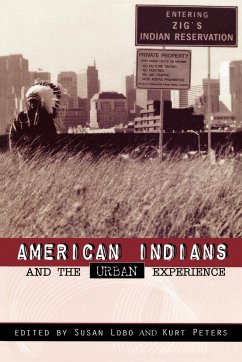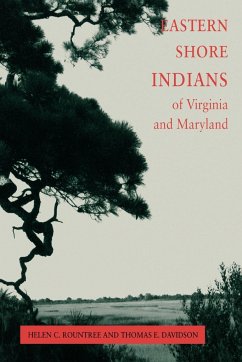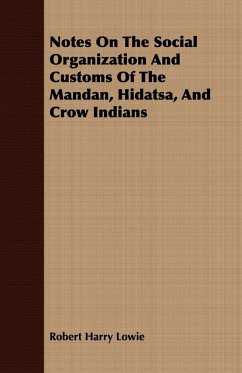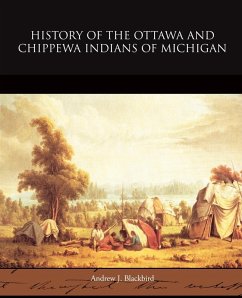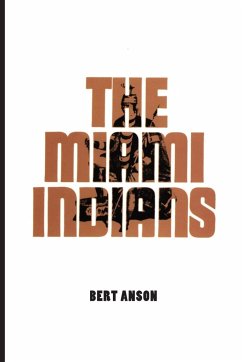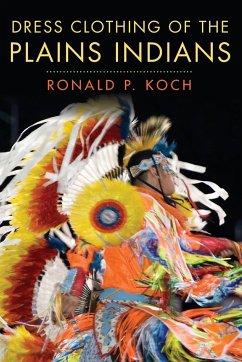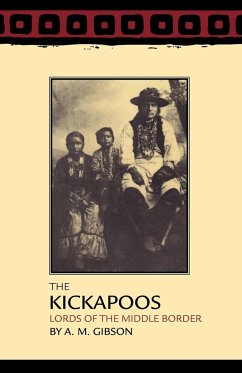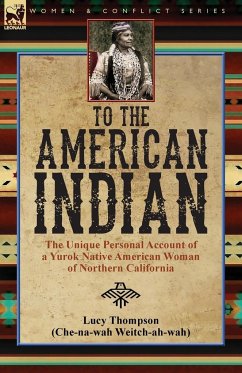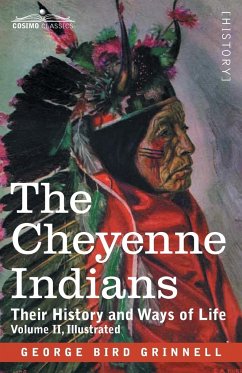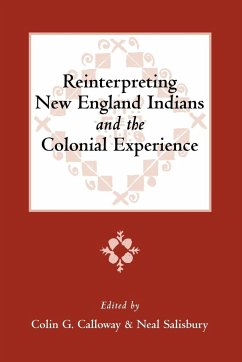
Reinterpreting New England Indians and the Colonial Experience
Versandkostenfrei!
Versandfertig in 1-2 Wochen
31,99 €
inkl. MwSt.

PAYBACK Punkte
16 °P sammeln!
or the indigenous peoples of New England-the Abenaki, Mohegan, Mohican, Narragansett, Nipmuc, Passamaquoddy, Penobscot, Pequot, Schaghticoke, Wampanoag, and other tribal nations-the colonial period has not yet ended. In light of the contemporary struggles of Native peoples to defend their resources, shape their futures, safeguard their health, and provide for their families, the academic study of history may seem to have limited relevance. Yet in a climate and society where Native rights are closely tied to political status and ethnic identity, historical interpretation directly impacts those ...
or the indigenous peoples of New England-the Abenaki, Mohegan, Mohican, Narragansett, Nipmuc, Passamaquoddy, Penobscot, Pequot, Schaghticoke, Wampanoag, and other tribal nations-the colonial period has not yet ended. In light of the contemporary struggles of Native peoples to defend their resources, shape their futures, safeguard their health, and provide for their families, the academic study of history may seem to have limited relevance. Yet in a climate and society where Native rights are closely tied to political status and ethnic identity, historical interpretation directly impacts those struggles. Because colonialism entailed, indeed required, controlling how history is told, native and non-native scholars have tended to write parallel histories without ever examining points of intersection. Reinterpreting New England Indians and the Colonial Experience is the first volume specifically designed to examine the intersection, overlapping, and conflict of the scholar's past and the native present. The chapters include work by younger as well as established scholars, work by natives and non-natives, and collaborative efforts by Indian and non-Indian scholars. Collectively, the essays suggest some of the new directions scholars are pursuing, as well as some ways of thinking about history that are new to academia but very old in native communities. The authors peer beneath the surface history of events to understand how non-Indian peoples projected and perpetuated colonialism and how Indian peoples in southern New England experienced and responded to it. Although differences in emphasis and interpretation will continue to characterize their scholarship, the authors transform our sense of the New England past, as lived and as written about, and the ways it continues to shape the present.



